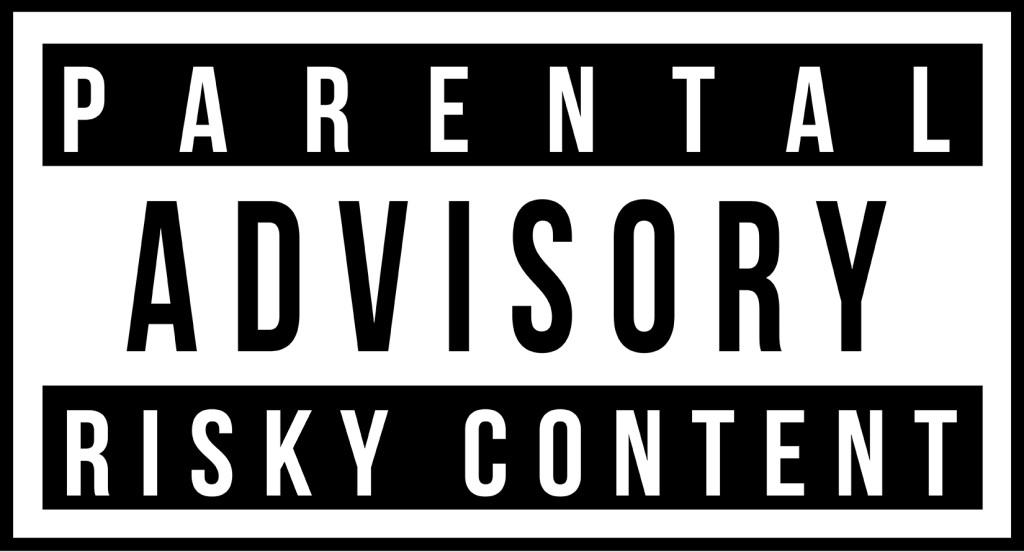There is almost nothing as metaphorically, if not physically, painful as watching two people who don’t know what they’re talking about try to explain something to each other.
Read More
08 09 2015
Can the Clichés!
They’re tried-and-true, but they’ve been around the block a few times. They’re shopworn, threadbare, and coming apart at the seams. It’s time to put them out to pasture.
Read More
16 06 2015
The Dream of a Common Language
It may be a familiar trope in crime stories, but having a dead body in the trunk is a lousy selling point for an automobile. When Ford launched its ad campaign in Belgium, they wanted buyers to appreciate their excellent manufacturing and came up with the slogan “Every car has a high-quality body.” However translated into Dutch, one of Belgium’s three official languages, the ad became “Every car has a high-quality corpse,” which was less than persuasive. Thanks to a translation error, Ford’s new model sounded as if it was an accessory to a crime rather than something you’d willingly drive off the lot.
Read More
31 03 2015
A Case for Keeping It Real
Epic fail.
Literally the best.
The most amazing.
The absolute worst.
These superlative descriptions are best reserved for, respectively, the sinking of the Titanic, invention of the wheel, the Great Pyramid of Giza and the 1918 flu pandemic.
Today, it’s hard to know where you stand when something as minor as burnt toast can be considered an epic fail, or a particularly good burger becomes literally the best thing ever. An affliction of modern discourse is our penchant for exaggeration. Having been a vegetarian for seventeen years, to me there are few foods that come close to the glory that is a nice thick juicy burger. But let’s not get carried away; I’ve had ups and downs, but my life would be pretty grim if a hunk of ground beef was literally the best thing ever.
Read More
17 03 2015
Is It Libel, or Just Free Speech?
It may not have escaped your notice that Americans like to sue each other. One of our great modern thinkers, “Weird Al” Yankovic, even wrote a song about it (in part: “I’ll sue ya, I’ll take all your money / I’ll sue ya, if you even look at me funny!”). One thing that really gets our litigious juices going is when someone says nasty things about us, either in speech or in print. Yes, today’s topic is libel and slander (mostly libel, though; more on the difference later). If you are a writer who writes about real people, it’s something you should keep in mind.
Read More
Advertising, like language, is no modern phenomenon. Today, we’re so overburdened with ads that advertising has garnered a negative connotation. “Ugh, how can we get ads off of Facebook?” or “Why can’t they skip the ads before the movie starts?” are common 21st century woes.
Read More
A time-honored practice in writing is…let’s call it “borrowing.” You see someone else’s clever turn of phrase, a few words that perfectly describe what you’re trying to convey, a zinger pun, and you decide to use it in your own writing. Maybe you change the words around to fit your situation, or maybe you don’t, but it’s just harmless borrowing, right?
But borrowing can be a bit like eating Girl Scout cookies. Just a couple, you think, or maybe a few more—dang, those Samoas are good!—and pretty soon the whole box is gone.
Read More
The Language Ninja is hoping you are having a splendid middle-of-February, and that your Valentine’s Day was a wonderful celebration of affection between you and the one you love most. For the Ninja, it was a day largely spent weeping. Let’s get started!
Q: When is it appropriate to use “I,” “me,” or “myself” in a sentence?
A: If you are an elected official giving a press conference or a director of marketing giving a presentation, it is mandatory that you use “myself” in any instance you might possibly be tempted to use “me” or “I.” No, it isn’t “correct;” it just makes you sound important.
Read More
Remember the neutral male pronoun? In case that sounds like jargon to you, let me provide an example:
If a student hopes to earn an A on his final report, he should not only study all the previous course material, but also bring his teacher gifts and perform various other tasks that serve to boost his favoritism ratings.
While this is clearly objectively excellent advice, notice the consistently male pronouns. Am I writing to a class of only male students? Am I assuming that only the male students are required to perform brown-nosing acrobatics while the female students are naturally gifted enough to earn A’s on their own? Do only the male students care about their grades? This is so confusing!
Read More
Do you engage in risky writing? Or, more to the point, should you?
I’m not talking about Charlie Hebdo-style cartoons, or even the kind of novel that forced Salman Rushdie into hiding for years. I’m talking about garden-variety edginess for rhetorical effect: strong language, subtle references to sex, drugs, alcohol, bodily functions, taboos of various kinds… you get the idea. Where do you draw the line? How far (and how often) do you cross over it before a little bit becomes too much?











